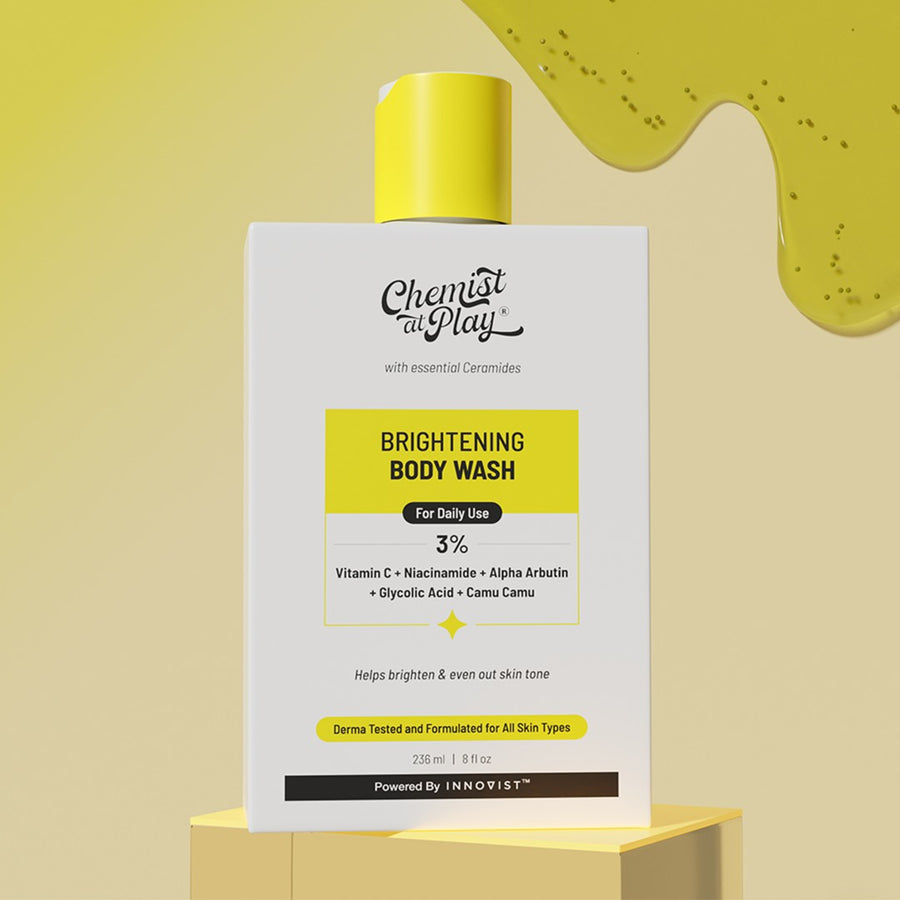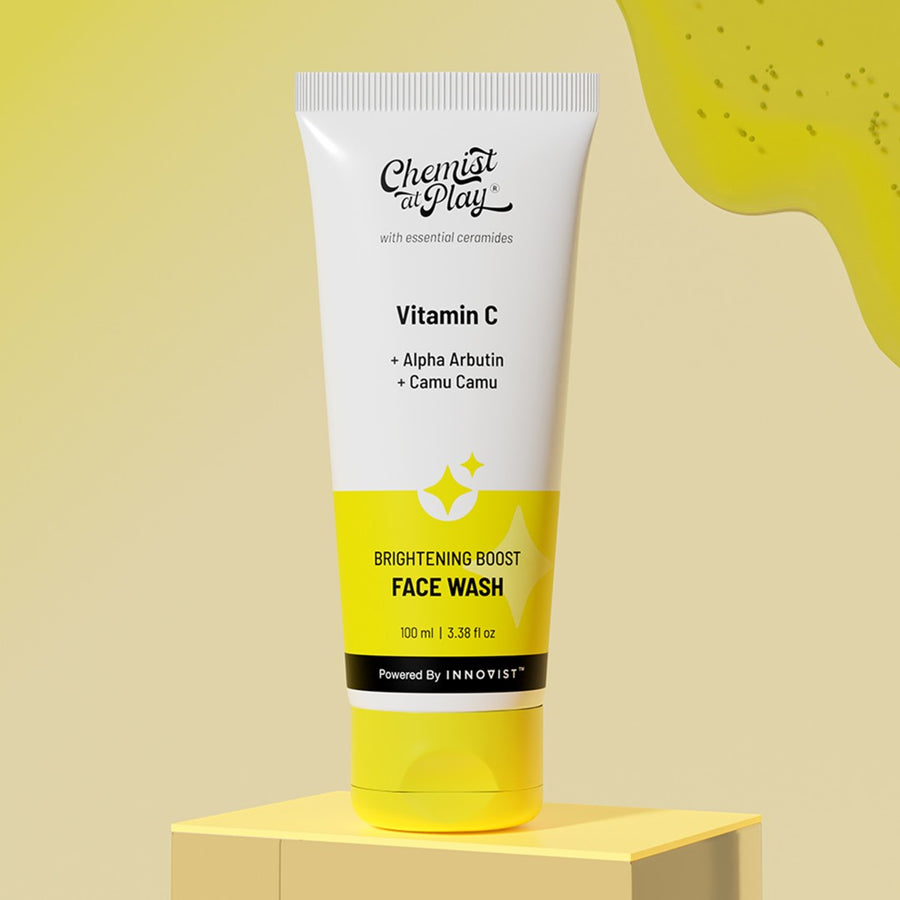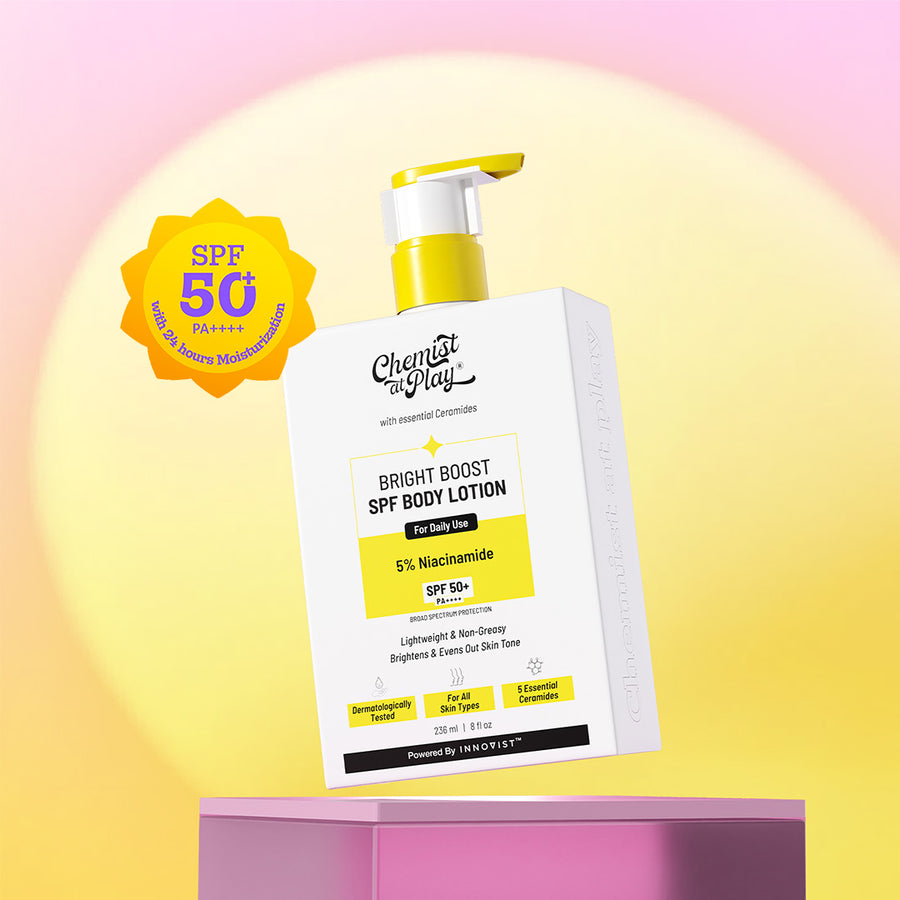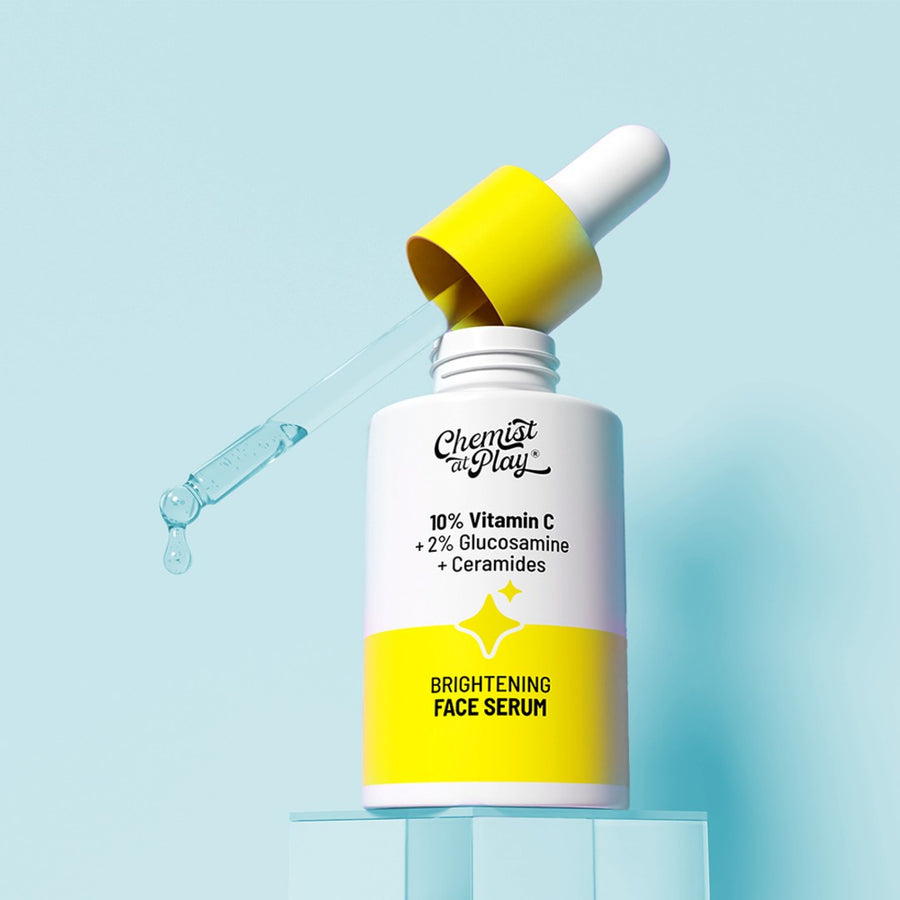
Pigmentation Around Mouth: Causes, Treatment & Prevention Tips
Are you frustrated with the darkness around your mouth or those stubborn black patches around your lips? You’re not alone! Many people struggle with pigmentation around the mouth, making them feel self-conscious about their smile. This blog will help you understand hyperpigmentation around the mouth, why it happens, and how you can fade or prevent it with expert tips, home remedies, and real-life advice. Get ready for clearer, even-toned skin and a boost in confidence!
Discover practical solutions as we answer popular questions like “how to remove pigmentation around the mouth” and “how to get rid of pigmentation around the mouth” in this comprehensive guide. You’ll find easy home remedies, lifestyle tweaks, and expert-approved routines all designed for you!
What Is Hyperpigmentation?
 Let’s start with the basics. Hyperpigmentation is when areas of your skin become darker than normal due to excess melanin production, the pigment responsible for skin color. It can appear as patches, spots, or general darkening, especially on visible areas such as the lips and around the mouth.
Let’s start with the basics. Hyperpigmentation is when areas of your skin become darker than normal due to excess melanin production, the pigment responsible for skin color. It can appear as patches, spots, or general darkening, especially on visible areas such as the lips and around the mouth.
Why does it happen? Triggers include sun exposure, hormonal changes, inflammation, or underlying health factors. Whether it’s lip pigmentation, brown patches, or hyperpigmentation around the lips, understanding this condition is the first step to finding the right solution.
What Causes Pigmentation Around Mouth?
Several factors can lead to darkening around mouth and blackness around lips. Here’s what you need to know with detailed explanations:
-
Sun Exposure
 UV rays from the sun stimulate melanin production, which darkens the skin as a protective response. Prolonged and unprotected exposure can cause uneven melanin buildup, resulting in noticeable hyperpigmentation around mouth.
UV rays from the sun stimulate melanin production, which darkens the skin as a protective response. Prolonged and unprotected exposure can cause uneven melanin buildup, resulting in noticeable hyperpigmentation around mouth.
-
Hormonal Changes
Fluctuations in hormones during pregnancy, menstruation, or through birth control pills can increase melanin production in certain areas, often causing a condition called melasma, which shows up as dark patches around your mouth.
-
Post-Inflammatory Hyperpigmentation
Acne, cuts, or irritation around the mouth can trigger inflammation. As the skin heals, it often leaves behind dark spots or patches, contributing to pigmentation around lips or black patches around mouth.
-
Dryness & Chapping
Constant dryness or chapped skin weakens the skin barrier, making it prone to irritation and uneven pigmentation. Cold weather or insufficient hydration can worsen this, causing visible darkness around mouth.
-
Lifestyle Habits
Frequent lip licking, smoking, or using harsh cosmetics can irritate the delicate mouth area, triggering pigmentation as a protective response.
-
Vitamin Deficiency
Lack of essential vitamins like B12 and iron affects skin health and may result in dark patches or discoloration around the lips.
-
Allergic Reactions
Certain cosmetic products, toothpastes, or foods can cause irritation or allergic reactions, leading to localized dark spots.
-
Genetics
Some individuals naturally have more melanin or are genetically predisposed to uneven skin tone, making lip pigmentation more common in families or certain ethnicities.
How to Get Rid of Pigmentation Around Mouth?
 If you want to brighten the sensitive skin around your lips and reduce hyperpigmentation around mouth, here are effective steps explained in detail. While people often used to search for home remedies for hyperpigmentation around mouth, many have found these approaches unreliable or inefficient over time. Today, targeted products, proven skincare routines, and dermatologist-recommended treatments have become the preferred solutions for achieving a more even and radiant complexion.
If you want to brighten the sensitive skin around your lips and reduce hyperpigmentation around mouth, here are effective steps explained in detail. While people often used to search for home remedies for hyperpigmentation around mouth, many have found these approaches unreliable or inefficient over time. Today, targeted products, proven skincare routines, and dermatologist-recommended treatments have become the preferred solutions for achieving a more even and radiant complexion.
-
Sun Protection:
Sun exposure is the biggest trigger for pigmentation, so applying a broad-spectrum sunscreen every day is essential. For optimal protection and hydration, try Chemist At Play's Hyaluronic Acid Sunscreen, an ultra-lightweight gel that absorbs quickly without a greasy feel. It offers SPF 50+ PA++++ protection that shields you from UVA/UVB rays while moisturizing deep into the skin layers, perfect for keeping your mouth area safe and supple all day.

-
Topical Treatments:
Key ingredients can actively reduce pigmentation by inhibiting melanin production. Vitamin C, kojic acid, licorice extract, and niacinamide are star brighteners. Vitamin C neutralizes free radicals and promotes collagen, kojic acid lightens pigment, licorice extract blocks pigmentation enzymes, and niacinamide reduces inflammation and pigment transfer. For a powerful daily boost, use Chemist At Play Vitamin C Serum, with 100% pure Ethyl Ascorbic Acid. It brightens skin, reduces dark spots, regulates melanin, boosts collagen, and deeply hydrates all in a lightweight, fast-absorbing formula ideal for daily use.

-
Hydration:
Moisturizing keeps the skin barrier healthy and prevents dryness that can worsen pigmentation. For your lips, Chemist At Play Cherry Lip Balm offers hydration with a gentle cherry tint, repairing chapped lips quickly with ceramides. It also contains 1% Kojic Acid to brighten dark lips and SPF 50 PA++++ to protect against sun damage. Plus, it's lightweight, non-sticky formula plumps lips and improves texture thanks to tri peptides.
-
Gentle Exfoliation:
Exfoliating removes dead skin cells and brightens dull, pigmented patches. Be gentle around the mouth to avoid irritation. For this, Chemist At Play Gentle Exfoliating Face Scrub is perfect; designed for 2-3 times per week use, it combines physical exfoliants like walnut shell powder with chemical exfoliants such as lactobionic and mandelic acid. These ingredients clear away dead skin, blackheads, and stubborn tan while shea butter locks in moisture for soft, glowing skin. You'll notice an instant glow with just one use!
-
Consult a Dermatologist:
If pigmentation persists despite home care, professional help may be needed. Prescription-strength options like retinoids or hydroquinone creams can speed up fading by regulating melanin. Dermatologists may suggest chemical peels or laser therapies that remove pigmented skin layers and encourage fresh, even-toned skin to emerge.
-
Chemical Peels and Laser Treatments:
Procedures like salicylic acid or glycolic acid peels exfoliate deep skin layers, helping to break up melanin clusters responsible for dark patches. Laser treatments not only target pigment but also stimulate collagen, improving skin texture and clarity. These should always be performed by qualified professionals and combined with sun protection to maintain results.
Tips to Prevent Hyperpigmentation Around Mouth
Prevent future pigmentation around mouth with these easy lifestyle habits:
- Wear Sunscreen Daily: UV rays are the main cause of pigmentation; keeping your skin protected prevents dark spots before they start.
- Stay Hydrated: Drinking enough water and using moisturizers keeps skin supple and less prone to irritation and darkening.
- Healthy Balanced Diet: Eating foods rich in antioxidants, vitamin C, and B12 supports skin health and reduces pigmentation risks.
- Avoid Harsh Products: Skip alcohol-based or scented lip and skincare products to prevent irritation around the delicate mouth area.
- Treat Skin Issues Early: Manage acne, eczema, or cuts promptly to avoid post-inflammatory pigmentation.
- Quit Bad Habits: Limit lip licking, smoking, and exposure to pollutants as they exacerbate pigmentation.
- Maintain a Regular Skincare Routine: Consistent cleansing, moisturizing, and protection layers help maintain clear skin.
Before you go, don’t miss out on more expert skin solutions! If you’re also struggling with discoloration elsewhere, check out our in-depth guide on how to get rid of elbow & knee pigmentation for smooth, even-toned body skin.


































